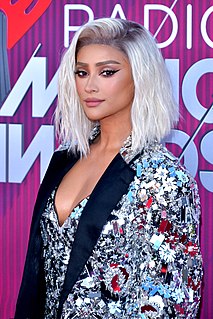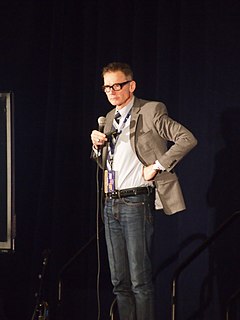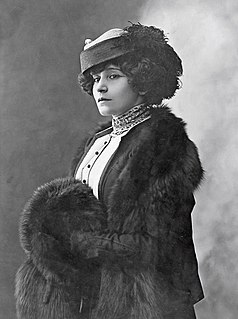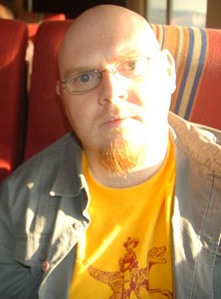A Quote by Brigham Young
We are in a great school, and we should be diligent to learn, and continue to store up the knowledge of heaven and of earth, and read good books, although I cannot say that I would recommend the reading of all books, for it is not all books which are good. Read good books, and extract from them wisdom and understanding as much as you possibly can, aided by the Spirit of God. (JD 12:124)
Related Quotes
I'm reading a lot of different books, but I always think I have to switch it up a little bit. It's like food - everything in moderation, same with my books, same with my reading. You read books that are good for you and you learn a lot of stuff, then you read 'Fifty Shades of Grey,' which is like candy.
The current publishing scene is extremely good for the big, popular books. They sell them brilliantly, market them and all that. It is not good for the little books. And really valuable books have been allowed to go out of print. In the old days, the publishers knew that these difficult books, the books that appeal only to a minority, were very productive in the long run. Because they're probably the books that will be read in the next generation.
All that a university or final highest school. can do for us is still but what the first school began doing--teach us to read. We learn to read in various languages, in various sciences; we learn the alphabet and letters of all manner of books. But the place where we are to get knowledge, even theoretic knowledge, is the books themselves. It depends on what we read, after all manner of professors have done their best for us. The true university of these days is a collection of books.
I was, without a sliver of a doubt, a no-good, lazy slacker of a child, and after I discovered literature, I was totally and utterly a no-good, lazy slacker of a child who read books. A lot of books, good and bad, but my favourite - the books I read and reread in my teens - were by Margaret Weis and Tracy Hickman.
A house without books is like a room without windows. No man has a right to bring up his children without surrounding them with books, if he has the means to buy them. It is a wrong to his family. He cheats them! Children learn to read by being in the presence of books. The love of knowledge comes with reading and grows upon it.










































